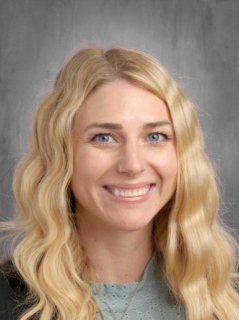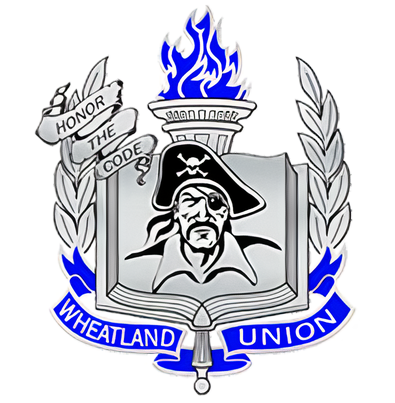Director of Community Schools and Mental Health
Wheatland Union High School District
Office line: 530-633-3100 ext. 225
Work cell: 530-633-7309 (call or text)
avandyke@wheatlandhigh.org
Foster Youth Services
The Foster Youth Services (FYS) program is designed to serve the unique educational, social and emotional needs of children in foster care by building assets that make them resilient and ultimately successful. All foster youth residing in the WUHSD attendance area will have the ability to access a broad range of social and academic support services.
Services include, but are not limited to:
Counseling and Case Management
Career and College Readiness
Mentoring
School-based support services
Tutoring
Transition and Emancipation Services
Enrollment and Placement Support Services
Independent Living Skills Development
Advocacy
BP Foster Services Policy
AR Foster Services Policy
For more information please contact Aleia Van Dyke, School Based Therapist/Social Worker
Contact Us

Aleia Van Dyke, LCSW #87977
Amy Molina-Jones
Director of prevention support & Services,
Foster Youth Services Program Coordinator
Yuba County Office of Education
530.749.4994
amy.molinajones@yubacoe.k12.ca.us
935 14th Street,
Marysville, CA 95901
Homeless Services
The McKinney-Vento- Education for Homeless Children & Youths act provides certain protections for homeless students, including enrollment rights (see Homeless Student Rights below). The WUHSD Homeless Services Program supports the enrollment, attendance, and achievement of homeless students to ensure they receive equal access to educational opportunities.
Definition of Homeless Students
Students who have lost their housing are defined as homeless if they lack a fixed, regular, and adequate nighttime residence. This includes living in: emergency shelters or transitional housing programs; a public/private place that is not designed for or normally used as a place for sleeping (cars, parks/public places, abandoned/condemned buildings, bus stations, etc); motel/hotel, campground, or travel trailer due to a lack of alternative adequate accommodations; temporarily moved in with others due to a loss of housing or financial problems (eviction, job loss, etc). Homeless students include unaccompanied youth, runaways, children abandoned in hospitals, and migratory children who live in the conditions described above.
Assistance is provided in the following areas:
McKinney-Vento rights and services,
School enrollment and attendance support services,
Records retrieval, school and hygiene supplies,
Health/immunization assistance and referrals,
Shelter/housing and community referrals,
Dispute mediation, and
Other student and family support services.
Rights and Protection Reminders:
WUHSD must ensure that children and youth experiencing homelessness are able to participate fully in school activities, and that barriers to identification, enrollment, and retention in school are identified and removed. Children and youth experiencing homelessness have the right to:
1. Immediate Enrollment: No matter the documentation.
2. Transportation: LEAs should continue providing transportation support as needed to eliminate barriers to enrollment, participation and retention in school, including to pick up meals or distance learning items.
3. Academic Access and Success: This includes free meals, and all other academic supports afforded to their housed peers and more.
Education for Homeless Children and Youths Program Non-Regulatory Guidance
Education for Homeless Children
For more information please contact Aleia Van Dyke, School Based Therapist/Social Worker
Safe Harbor
Catch a glimpse of how WUHSD is ensuring equity for our at-promise students through our Safe Harbor program.
